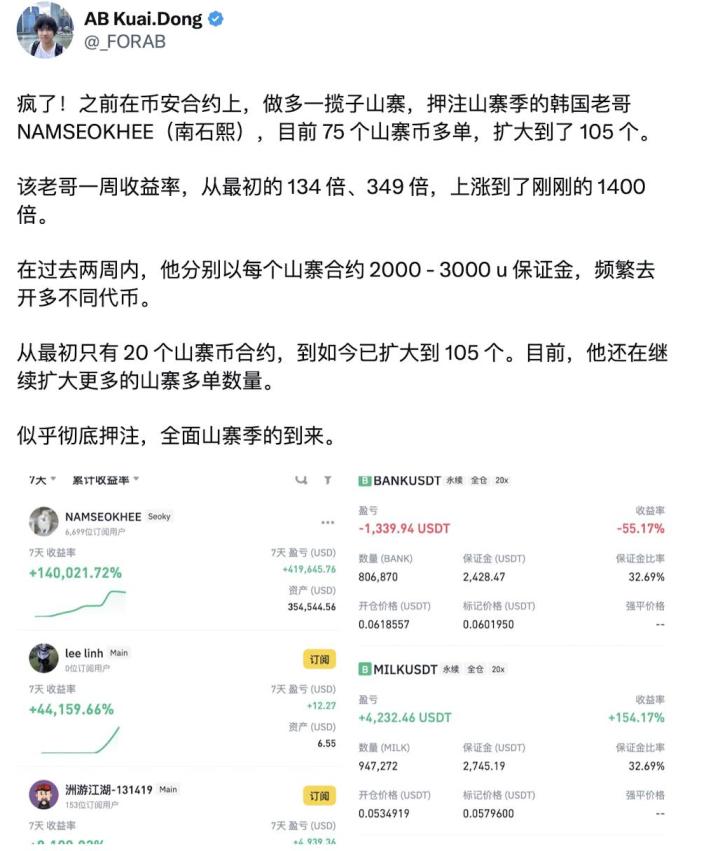On May 28, the US International Trade Court issued a ruling to block the tariff policy issued by President Donald Trump, stating that the White House exceeded its constitutional authority by unilaterally imposing tariffs on imported goods from countries with large trade surpluses with the US.
According to Reuters, the panel of judges affirmed that the right to regulate international trade is a privilege of Congress, clearly defined in the Constitution. This right cannot be replaced by executive orders, even in situations deemed urgent.
The court required the Trump administration to issue a modified order reflecting the spirit of the ruling within 10 days. If not complied with, the disputed tariffs may be nullified.
This ruling came in a context where the federal government is facing multiple lawsuits related to import tariff policies. The two most prominent cases include one represented by the Liberty Justice Center on behalf of a group of small businesses importing goods from tariff-imposed countries, and another initiated by a coalition of 13 states, led by Oregon.
Oregon Attorney General Dan Rayfield argued that President Trump's tariffs were "beyond authority, lacking legal basis, and causing severe economic damage". He emphasized: "The court has reaffirmed that no president is allowed to act beyond the limits set by the Constitution, especially in sensitive areas like international trade."
Immediately after the ruling was announced, representatives of the Trump administration filed an appeal and rejected the court's argument, claiming that prolonged trade deficits pose a serious threat to the US economy and national security.
The White House spokesperson affirmed that President Trump's tariff policy was implemented to protect US industries, workers, and ensure national strategic interests. According to the government's argument, trade deficits with many countries are an urgent issue that needs to be addressed with decisive measures.
The Trump administration cited the International Emergency Economic Powers Act (IEEPA) as the legal basis for implementing the new tax policy. This is a law typically used to impose financial sanctions on countries deemed hostile. However, this is the first time a US president has used IEEPA as a tool to regulate global trade tariffs.
Since the new tariff policy was issued in April, the federal government has faced a series of lawsuits from businesses, states, and trade organizations. Currently, in addition to the two cases that have been ruled on, at least five other lawsuits related to President Trump's tax policy are awaiting review.








